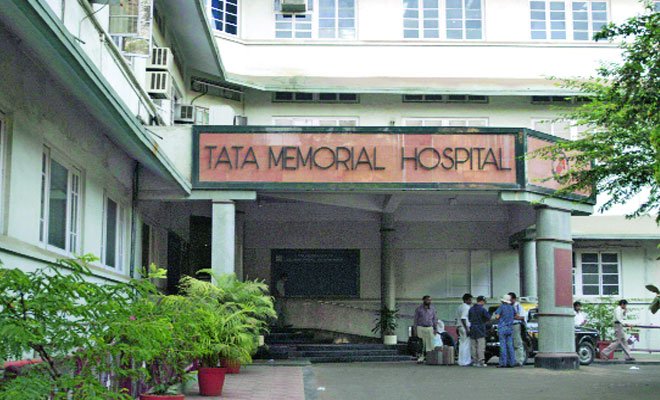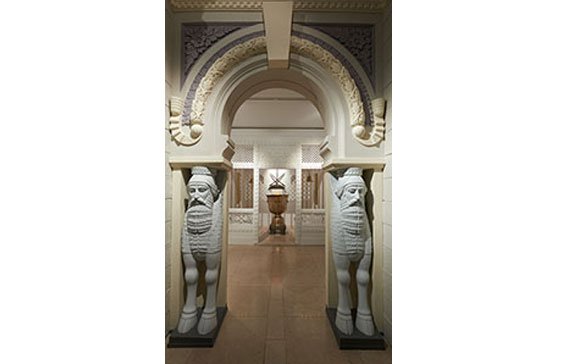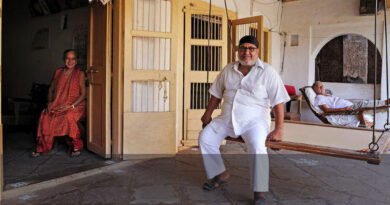Tata Memorial Cancer Hospital
In 1932, Lady Meherbai Tata passed away after battling leukaemia. It was around this time that her husband, Sir Dorabji Tata, decided to set up a facility of international standards for the treatment of cancer in India. Unfortunately, Sir Dorabji passed away before this dream could be fulfilled. As a tribute to him, his successor Nowroji Saklatwala, with the support of J.R.D. Tata, founded the Tata Memorial Hospital in 1941.
Within three years of its inception, the hospital was able to boast of a completely Indian staff, headed by Dr. K.P. Mody (Department of Radiology). Among the senior administrators was Col. Sir Jamshedji Duggan. In its initial years, the Hospital received financial aid from two significant sources. That is, the Bombay Government, who sanctioned an annual donation of ` 1 Iakh in 1949; and the Sir Dorabji Tata Trust, whose total investment had amounted to a generous ` 1 crore by 1957. As the activities of the Hospital grew, its management was handed over to the Ministry of Health, Government of India.
In addition to the Hospital, in 1952, the Government of India set up the Cancer Research Institute within the same premises. Fourteen years later, the Hospital and the Institute were merged under the flag of the Tata Memorial Centre (TMC). Led by the Chairman of the Atomic Energy Commission, its Governing Council included three representatives from the Sir Dorabji Tata Trust.
 Located in Mumbai, the impressive seven-storey structure is a sanctuary for over 50,000 patients annually– from across India and its neighbouring countries– about 65 per cent of whom receive free medical treatment. Going beyond its core focus, the Centre serves as a research facility for the disease. TMC has also initiated several preventive awareness activities that reach out to the rural pockets of the country.
Located in Mumbai, the impressive seven-storey structure is a sanctuary for over 50,000 patients annually– from across India and its neighbouring countries– about 65 per cent of whom receive free medical treatment. Going beyond its core focus, the Centre serves as a research facility for the disease. TMC has also initiated several preventive awareness activities that reach out to the rural pockets of the country.
With a keen interest in the field of education, the hospital is also a temple of learning. Its training facilities help groom more than 350 students, medical professionals, scientists and technicians. It offers residency programmes in surgery, radiotherapy, pathology and anaesthesiology, super-speciality programmes and research programmes. Students can also opt for short-term (6 to 18 months) training courses. In 2002, the Advanced Centre for Treatment, Research and Education in Cancer (ACTREC) was established at Kharghar, Navi Mumbai, and is dedicated to studies on cancers specific to India and South Asia.
The Tata Memorial Centre is an exemplary model of a private-government partnership that meets a critical public need. Over the years, TMC has launched collaborative global initiatives with the World Health Organisation and the National Institute of Health, Washington DC (USA), IARC, Lyon (France) and the Bill and Melinda Gates Foundation.





